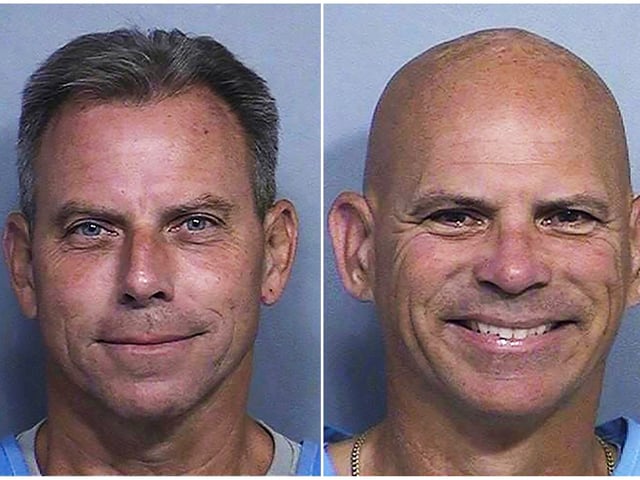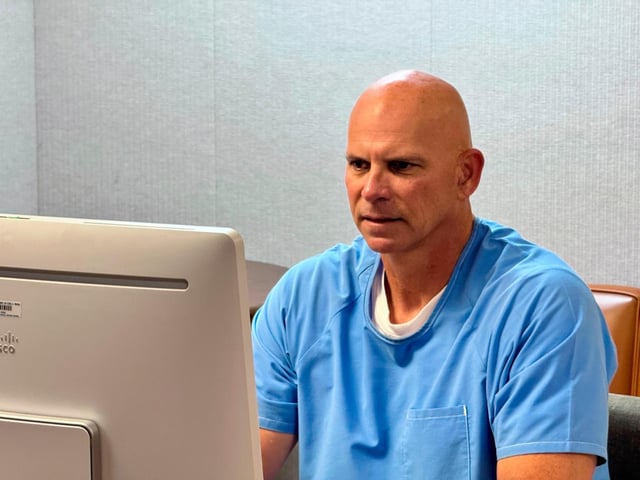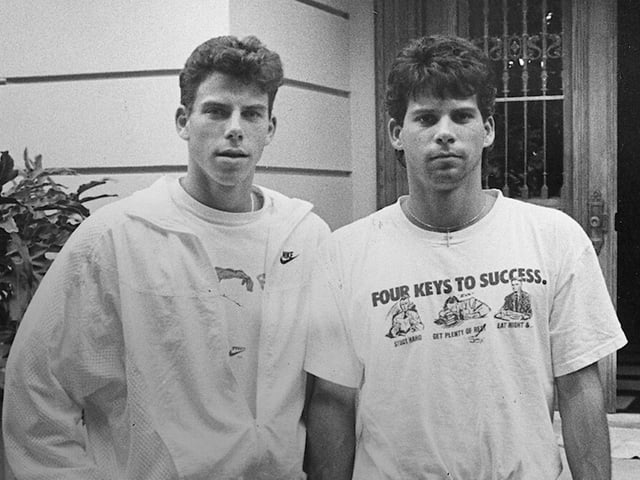Overview
- Erik Menéndez was denied parole on Thursday and Lyle Menéndez received the same decision on Friday in virtual hearings from Richard J. Donovan Correctional Facility in San Diego.
- Commissioners pointed to in‑prison misconduct, including repeated rules violations such as illicit cellphone use, in concluding the men pose an unreasonable danger to the public.
- Each denial sets a three‑year wait before the brothers can seek parole again, according to the board’s decisions reported after the day‑long hearings.
- The Los Angeles County District Attorney’s office opposed release, arguing the brothers have not shown full rehabilitation or acceptance of responsibility.
- The hearings were made possible by a May 2025 resentencing that reduced their terms to 50 years to life under California’s under‑26 law, and supporters from a family‑backed coalition argued for their rehabilitation and remorse.



